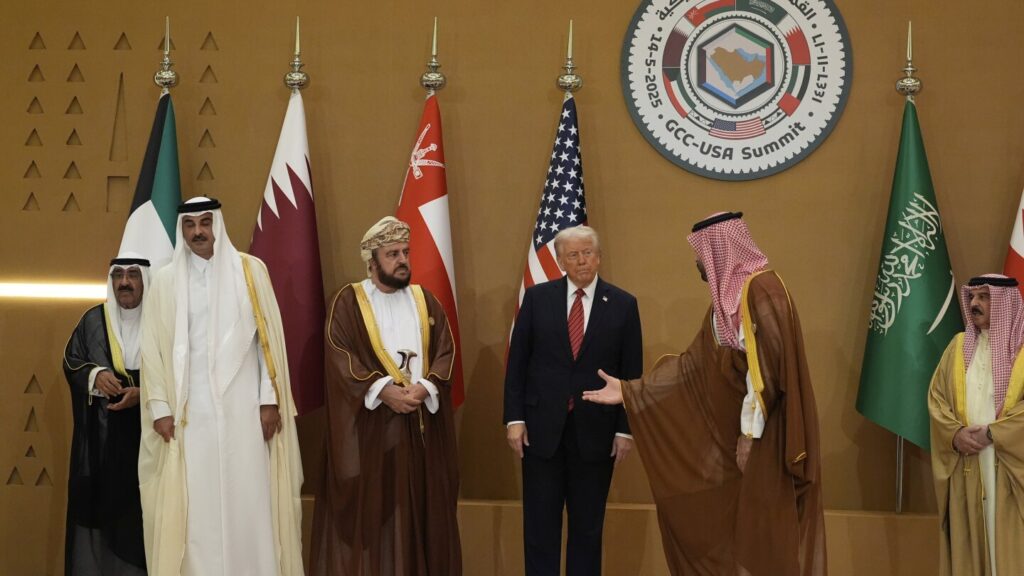In his recent address to Gulf leaders in Saudi Arabia, President Donald Trump emphasized the urgency of reaching a deal with Iran to curb its nuclear program. Trump stressed that any agreement must include Iran ceasing its support of proxy groups across the region, such as Hamas, Hezbollah, and the Houthis. Despite Iran dismissing Trump’s remarks as “deceitful,” the U.S. and Iran have engaged in talks focused on the nuclear issue, with Trump expressing optimism about the possibility of a deal.
Furthermore, Trump’s meeting with Syrian President Ahmad al-Sharaa marked a significant development in U.S.-Syria relations. Trump agreed to lift long-standing sanctions on Syria, aiming to facilitate the country’s reconstruction and alleviate the suffering of its people. The decision to engage with al-Sharaa was supported by Saudi Crown Prince Mohammed and Turkish President Erdogan, signaling a potential shift in the region’s dynamics.
Following his engagements in Saudi Arabia and Syria, Trump’s next stop is Qatar, where he is set to be honored with a state visit. Qatar, known for its role in regional mediation efforts and hosting the U.S. military’s Central Command, has faced scrutiny over various scandals involving alleged bribery and political controversies. Despite its conservative Sunni Islamic roots, Qatar has played a complex role in regional geopolitics, including mediating between conflicting parties and supporting diverse factions during the Arab Spring.
Trump’s visit to Qatar comes amidst debates over a potential gift of a luxury Boeing 747-8 by the Qatari government, which could serve as an interim Air Force One. While Trump defends the proposal, critics raise concerns over the implications of a foreign government providing such a valuable gift to a sitting president. As Trump’s Middle East tour continues, his engagements in Qatar are poised to shed light on the evolving dynamics in the region.

